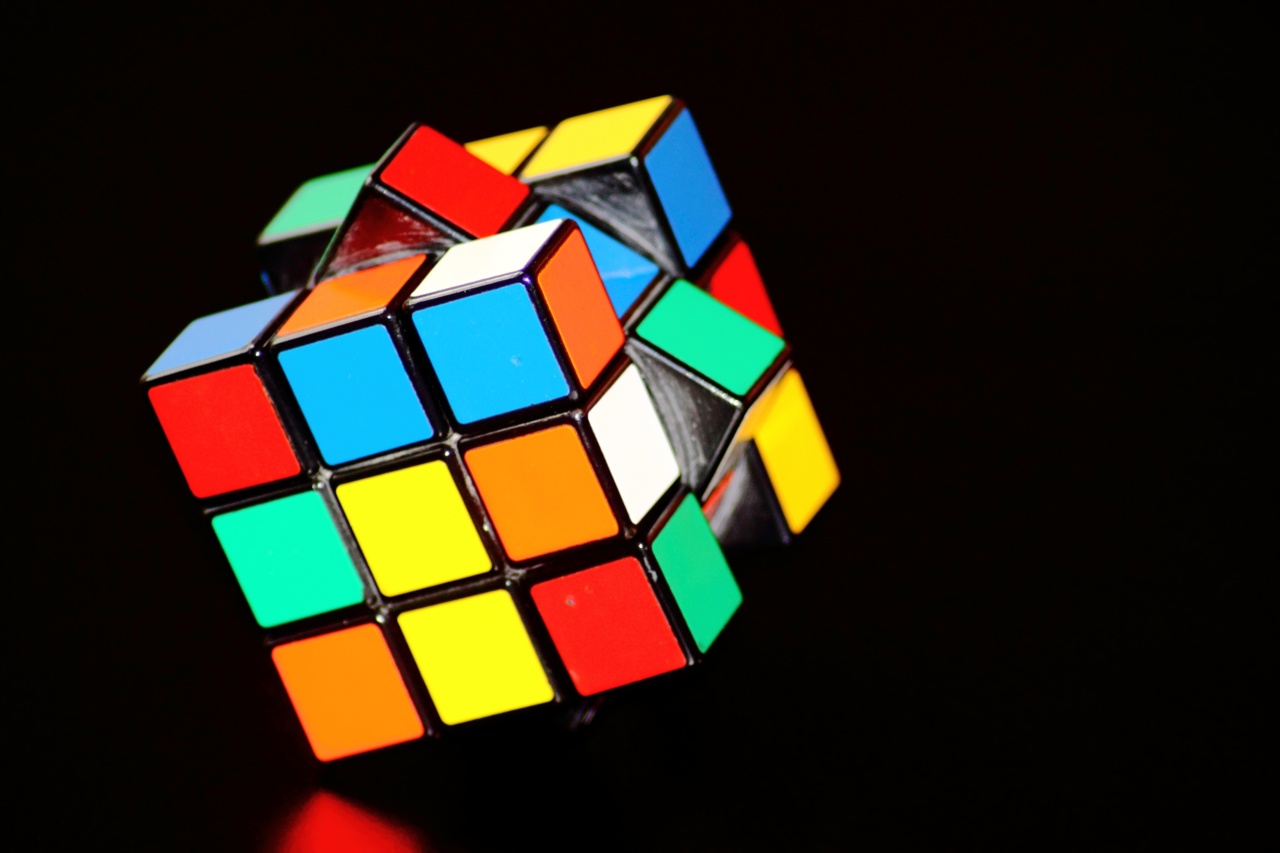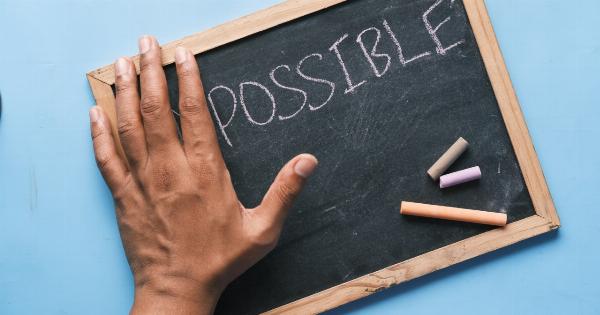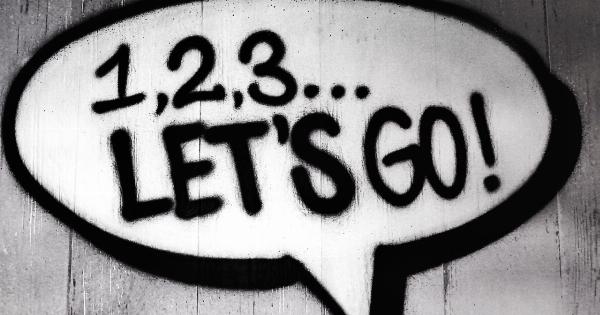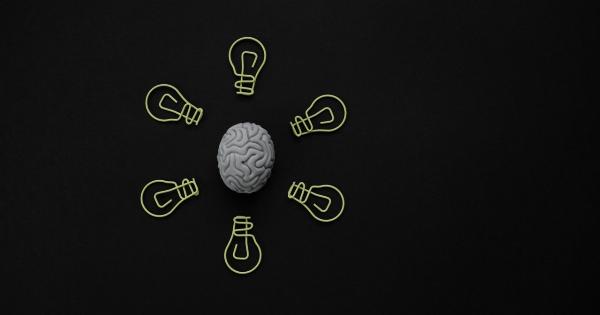Why do people struggle to make decisions? Why do we sometimes find ourselves stuck in indecision, seemingly unable to choose even between seemingly simple options?.
While there are many possible factors at play, one interesting possibility is that our level of intelligence may play a role.
Research has suggested that individuals with higher levels of intelligence may be more likely to experience indecision and struggle with making decisions, especially when the options at hand are complex and multifaceted.
The Paradox of Choice
In his book “The Paradox of Choice,” psychologist Barry Schwartz discusses how having too many options to choose from can actually lead to decision paralysis and make people less satisfied with their chosen outcome.
In fact, this effect seems to hold true even when the options are relatively trivial in nature (such as deciding which brand of jam to buy at the grocery store).
So, why does this happen? One possibility is that having too many options to consider can cause us to become overwhelmed by the decision-making process.
We may worry that we’ll make the wrong choice or miss out on a better option, leading us to become stuck in analysis paralysis.
Interestingly, this effect can be especially pronounced for individuals with higher levels of intelligence.
As a recent study published in the Journal of Personality and Social Psychology found, individuals with higher IQ scores tended to experience greater decision paralysis when confronted with a complex decision-making task compared to their lower-IQ counterparts.
The Curse of Overthinking
Part of the reason why intelligent people may struggle with making decisions is that they are prone to overthinking.
While being able to consider multiple perspectives and potential outcomes can be a valuable trait, it can also lead to analysis paralysis if taken too far.
In fact, this tendency towards overthinking may actually be something of a curse.
As a study published in the Journal of Consumer Research found, individuals who overthink their decisions tend to be less satisfied with their chosen option, even if it objectively outperforms other choices.
So, while it’s certainly important to consider all the possible outcomes and factors when making a decision, it’s also important to recognize the point at which further analysis becomes counterproductive.
The Role of Emotion
At the same time, it’s important to recognize that decision-making is not solely a rational process. While intelligence and analysis can play a role in making choices, emotions and intuition also play an important role in guiding our decisions.
Research has suggested that people who struggle with decision paralysis may be more likely to rely solely on their analytical abilities rather than taking into account the emotional component of decision-making.
This can make it difficult to make choices that align with our values and goals, as we may discount our intuitive sense of what feels right in favor of what looks good on paper.
So, while it’s certainly important to consider the facts and data when making a decision, it’s also important to listen to your gut and take into account how you feel about the options at hand.
The Benefits of Indecision
Despite the challenges that indecision can pose, there are also some potential benefits. For one, taking the time to carefully consider your options can help you make a more informed decision and avoid impulsive choices that you may later regret.
In addition, struggling with decision-making can also be a sign of conscientiousness and a desire to do things right. While it can be frustrating to feel stuck in indecision, this trait can also be a strength in certain situations.
Conclusion
In the end, the intelligence puzzle of the undecided is a complex and multifaceted issue.
While research suggests that higher levels of intelligence may make it harder to make decisions, it’s also important to recognize the role that emotions and intuition play in the process.
Moreover, being indecisive is not necessarily a negative trait. Taking the time to carefully consider your options and weigh the pros and cons can help you make a more informed decision and avoid regrets down the line.
So, if you find yourself struggling with indecision, remember that you’re not alone – and that there may be some upsides to taking your time and considering all the factors at play.































